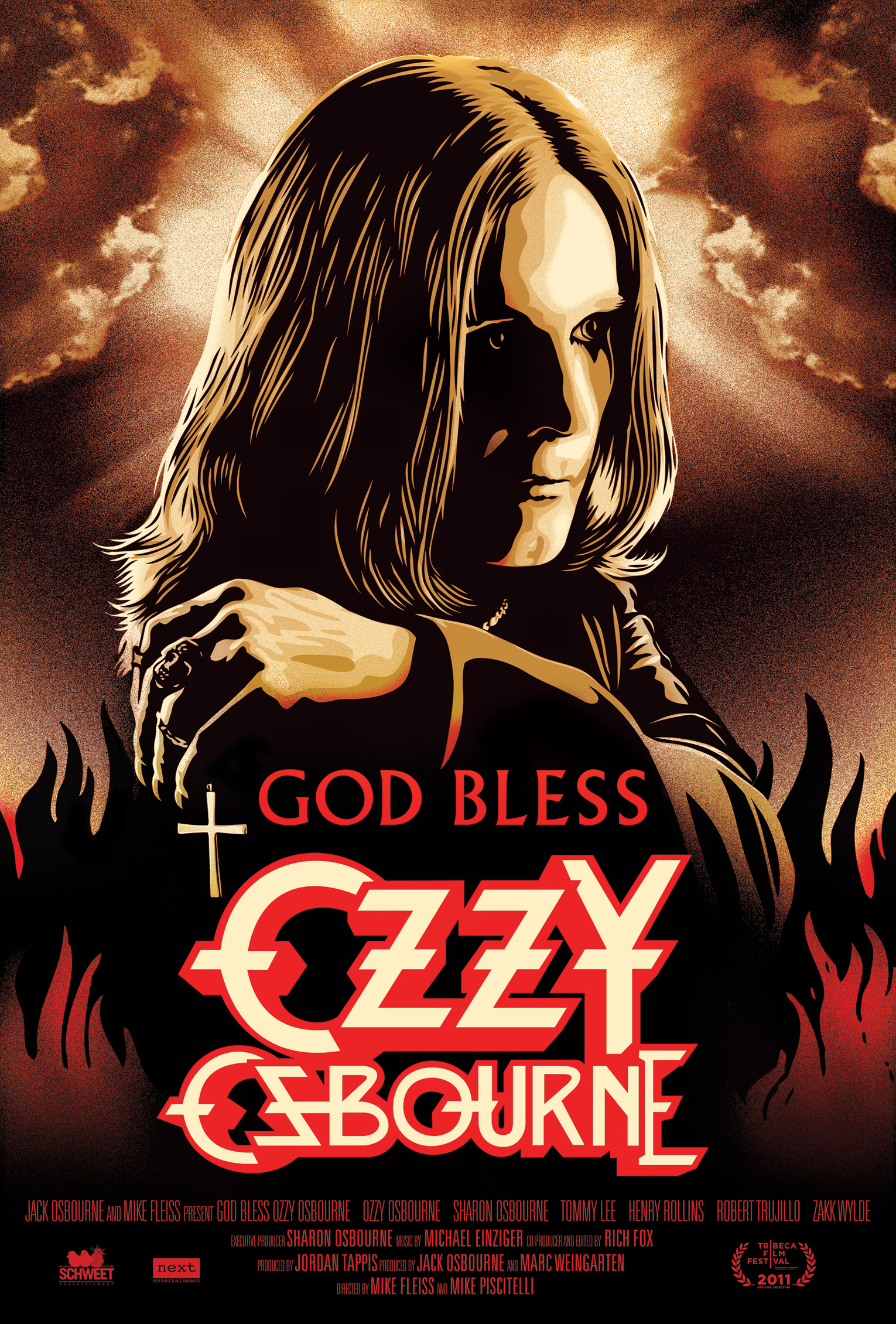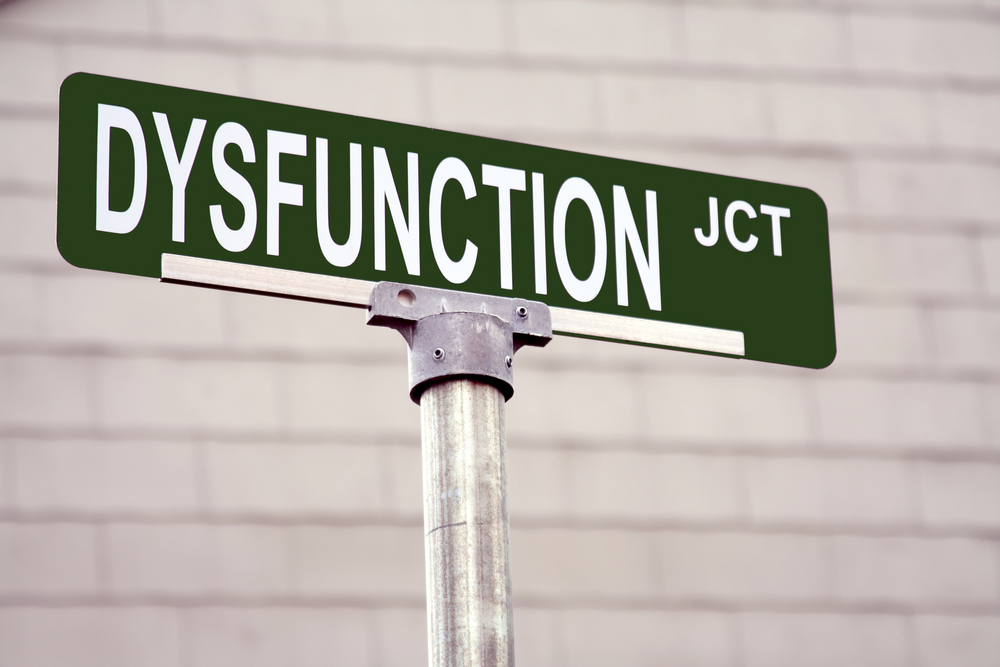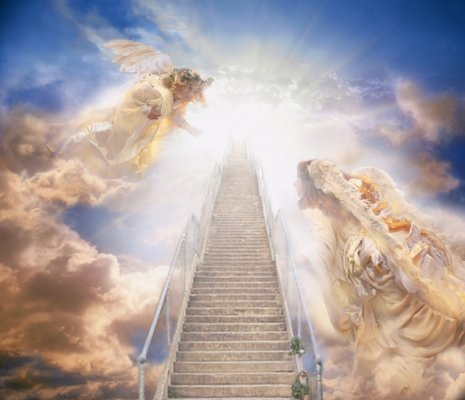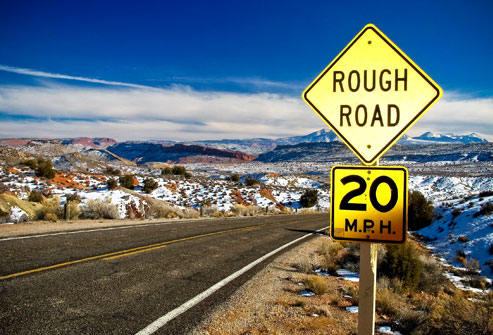Yesterday I watched the “God Bless Ozzy Osbourne” documentary, which focused heavily on how his addictions maimed him and his family over four decades. Though my addictive behavior pales by comparison, it still struck a chord.
Mood music:
[spotify:track:6xb9RiyqpDXWF4wUYPDwI2]
What hit me deepest is how Ozzy finally decided to get real sobriety after his son Jack had kicked drugs and alcohol. It took his son to show him the light.
There’s a similar plot in the recent comeback of Van Halen. Armed with the knowledge that he’d be able to make music with his son if he cleaned up, Edward Van Halen finally got sober a few years ago.
The son showing dad the light theme is an old one. It’s the whole “Luke Skywalker helping Darth Vader find his good side again” story. Only in the real life examples, the fathers get to live after having their epiphany.
In the documentary, we see Ozzy changing into a different, crazy person who continuously brings heartbreak to his family — especially his children. The daughter from his first marriage is asked point-blank if he was a good Dad. Her answer is a simple “No.” We learn — though it’s not really a surprise, given how incoherent he was in all the episodes — how his alcoholism was at its worst during the run of “The Osbournes” and how his youngest kids started using in that period. Finally, we see his son Jack deciding to clean up, inspiring his father to do the same.
Like I said, my addictive personality didn’t come close to the levels of Ozzy Osbourne or Edward Van Halen. But it was bad enough that I can relate to things like being useless on the couch when my kids needed me. I was never that way all the time, and I’ve been a pretty active Dad more often than not. But I am guilty of those bad moments.
But what I relate to most is how it took becoming a parent to drive home the need for me to be a better man and reign in my demons — the OCD and addictive behavior that was a byproduct of constant fear, anxiety and exhaustion.
It wasn’t an instant thing — Sean was almost 4 and Duncan was was barely 2 when I realized things were not right in my head — but the cattle prod was definitely my hunger to be a better parent.
So yeah, I have to say I’m inspired by these rock n’ roll stories.









